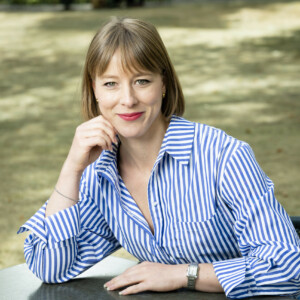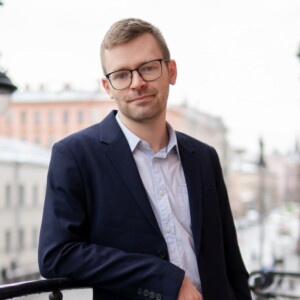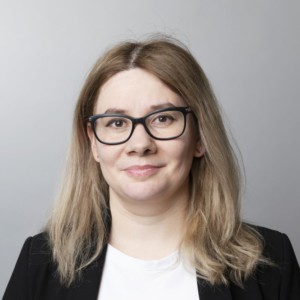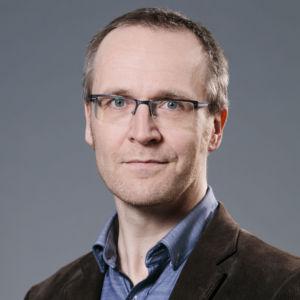The different means and ways of Russian propaganda have increased since the beginning of the war of aggression in Ukraine. New technologies and outlets have offered ways for even more advanced propaganda and disinformation in the form of deepfake videos, fake accounts and bot armies.
This seminar deals with questions on how Russian propaganda operates through various media channels and how one can estimate its real-world impact within the country. The speakers will present their original empirical studies of internet trolls and bots as well as impacts of social media and Telegram channels inside Russia.
Programme
Speakers:
Mariëlle Wijermars, Assistant Professor in Cyber-Security and Politics, University of Maastricht
Maxim Alyukov, Leverhulme Early Career Fellow, University of Manchester
Discussant:
Margarita Zavadskaya, Senior Research Fellow, FIIA
Chair:
Jussi Lassila, Senior Research Fellow, FIIA




